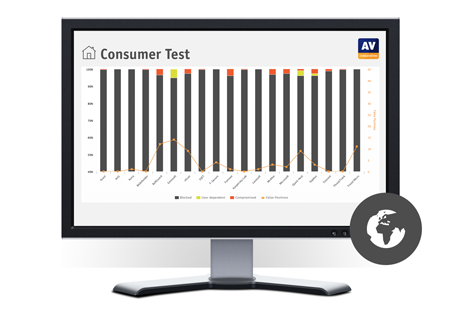I'll put my two cents in. Antivirus on a PC is kind of analogous to health insurance. Often, we don't go to doctors for years, but when something terrible happens suddenly, the lack of insurance can ruin your life very badly. Recently, I had to pay 1000 euros for calling an ambulance, so I advise everyone, wherever you go - buy travel insurance, even if for a couple of days

So, 5-10-15 years you haven't encountered viruses - it doesn't matter. What will matter is when you do meet one and it steals your credit card data or encrypts your master's or doctoral thesis. So it makes sense to look for the best defense option for less money, and sometimes it may be worth paying something if it doesn't affect your budget but gives you extra security.
I am not a professional in information security, but if I were to make a virus, the first thing I would try to do would be to break through the Defender defense, as this is the default defense that the virus will almost certainly face. Defender's 0-day defense is essentially zero trust, but let's be honest... When Windows tells me that it doesn't know some file, I just go ahead and disable that message.
According to the latest tests, Avast/AVG have very good detection and performance, which are slightly better than Defender. I think the Avast engine is one of the best right now. So, I would choose AVG. And if I have an extra couple of euros, I would buy Avast in another region for the handy sandbox and some small benefits..




